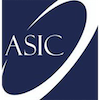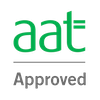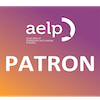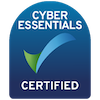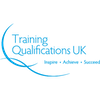AAT Advanced Certificate in Bookkeeping
Course category: Accounting and Finance
Full Cost: £750.00
View courseCourse Category Info
Showing 1 to 8 of 204 courses
Course category: Accounting and Finance
Full Cost: £750.00
View courseCourse category: Accounting and Finance
Full Cost: £1500.00
View courseCourse category: Accounting and Finance
Full Cost: £750.00
View courseCourse category: Accounting and Finance
Full Cost: £230.00
View courseCourse category: Accounting and Finance
Full Cost: £230.00
View courseCourse category: Accounting and Finance
Full Cost: £220.00
View courseCourse category: Accounting and Finance
Full Cost: £230.00
View courseCourse category: Accounting and Finance
Full Cost: £220.00
View course